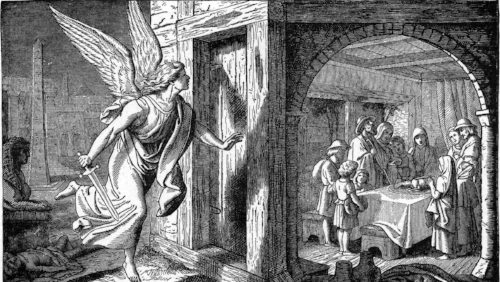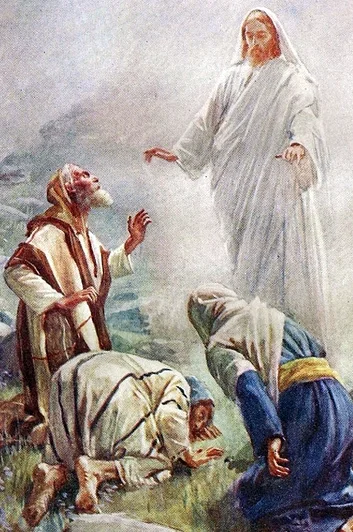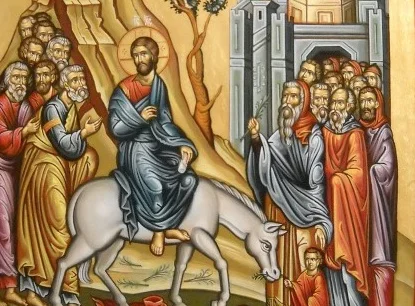Silence reigns as everyone awkwardly stares at the floor, the ceiling, and into the ethereal middle distance between eyes. The clever ones bow heads and pretend to pray. But all are individually thinking about that thing draining their minds of life. That thing they will not share with the rest of the group.
The unspoken prayer request is a staple of protestant youth groups, CCD classes, college Bible studies, and church small groups. They are what remain after the public prayers are heard. They are the shame of our crisis. The sin we pretend is private. The blessing we fear will sound like a brag. The worry we hide. The sum total of all we don’t want others to know about us because we’re afraid of what they will think:
"I don’t want them to know that I struggle with this . . .”
“My problems are not as important as what she just said . . .”
“They’ll know I think about those things . . .”
“They will think that I am just complaining . . .”
“This too will pass. No need to have other people involved . . .”
and besides,
“God knows what’s in my heart, so I don’t have to say it out loud.”
This last is the most Hell worthy, pretending to be holy, bullshit, cop-out we know.
To be clear: There are things you should keep to yourself. Sometimes, in some places, in some contexts, you should keep your God-loving mouth shut. But beyond those times of wise silence who do you trust? Who are you talking to about that-which-shall-not-be-named? If the answer is “no one,” your state of affairs is so much worse than you may have imaged.
The concept of the 3am friend is nothing new: the person you can call at three in the morning and they will be there physically, emotionally, and/or spiritually. The entire legal system in the Hebrew Bible was predicated on relationships within community, in terms of both not doing to others what you would have done to you, as well as the mitzvoth— acts of love and service— done not only for family, superiors, and social equals, but the marginalized and liminal: the poor, the widow, the orphan, the stranger.
We know that two heads are better than one, in work, in love, in laughter, in sadness. When we fall we need someone to lift us up, and God help the person who falls when they are alone. Even better is group of friends, for a threefold cord is not quickly broken (Ecclesiastes 4:9-12).
We know that healing comes through talking about our faults and troubles, and through praying with others (James 5:16); we know that time spent with other of the same mind is how we can push each other to do better in life (Hebrews 10:24-25); and we know that with all the talk about forgiving each other (Matthew 6:12-14, Mark 11:25, Luke 17:3-4, 2 Corinthians 2:10-11, Ephesians 4:32, Colossians 3:13) , know that we are called to love one another (John 13:34).
But to love each other we must allow others to love us. We must love ourselves by allowing other people into our lives. We must accept grace as much, if not more than, we extend it to others.
Perhaps we need to re-examine the value of friendship and community. We can’t go it alone. At least not well and not for long.
But what do we know. We made this game and you probably think we’re going to Hell.
buzzfeed.com



![O Come, O Come Emmanuel (Isaiah 7:14) [An Advent Card Talk]](https://images.squarespace-cdn.com/content/v1/55a9a1e3e4b069b20edab1b0/1483161046976-X5VJE3CMP9T957O72EII/3d-wallpapers-light-dark-wallpaper-35822.jpg)










